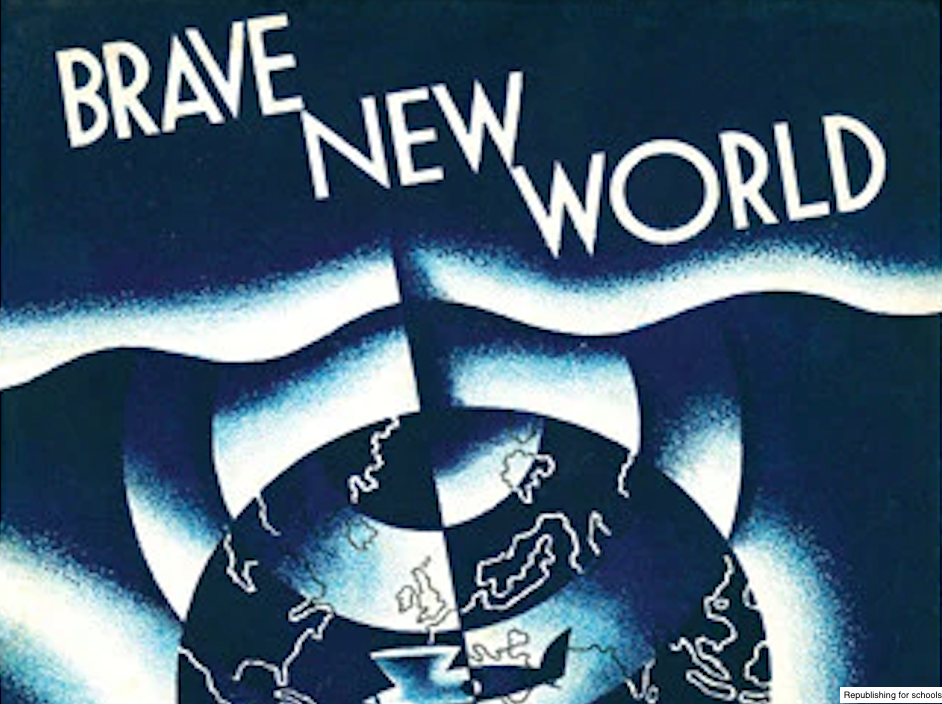Are we losing our grip on truth? The mass media age has given us unlimited access to information, but some warn it is also robbing us of our ability to tell how much of it is true.
Brainwashing is back (and deadlier than ever)
 Prophetic: Aldous Huxley’s classic warned of a future where truth simply loses all meaning.
Prophetic: Aldous Huxley’s classic warned of a future where truth simply loses all meaning. Glossary
Dictatorship - A form of government in which one person possesses all the power without any limits.
Authoritarian - Enforcing strict obedience to authority.
Dissident - A person who opposes official policy, especially that of an authoritarian state.
Cronies - Close friends. Often used to speak about the friends of powerful people who are given special treatment.
Propaganda - Information, which may be biased or misleading, used to promote a certain viewpoint.
AI - A computer programme that has been designed to think.
Pope - The bishop of Rome and the head of the worldwide Catholic Church.
Polarised - Separated in their views by a great distance, as the North and South Poles are separated geographically.
Digitally literate - Digital literacy is the ability to find, critically evaluate and share news and information online.
